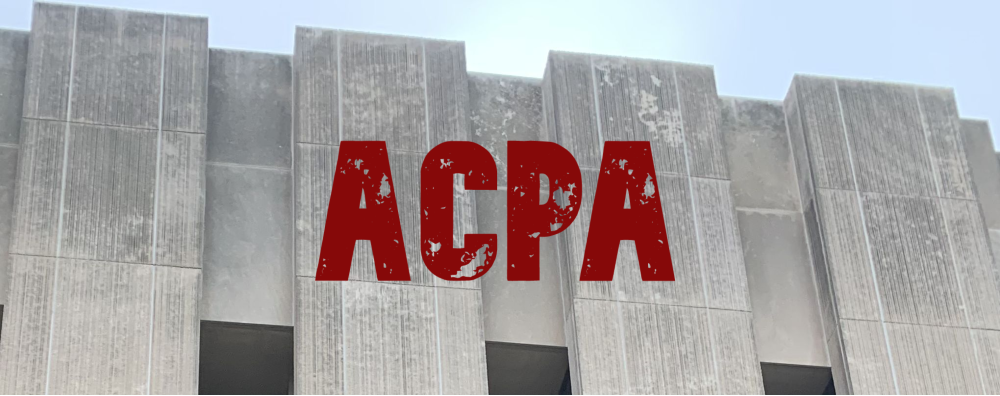(This is a cross post from UDRP Tracker.)
UDRP complainant manufactures cameras used in science and industry, and claimed to be the sole user of the letters “PCO” in commerce. The respondent acquired the disputed domain name in 2008 and never established an active website there. The UDRP Panel refused to transfer the disputed domain name to the complainant, finding that the respondent did not regsiter and use the disputed domain name in bad faith.
In making this finding, the Panel observed:
- Contrary to the complainant’s assertions that it was the exclusive user of the letters PCO, it is in fact common three-letter combination.
- A number of UDRP cases about three-letter domain names show that such terms are generally in widespread use as acronyms and it is conceivable that they are registered for bona fide purposes.
- The complainant claimed to have a stong worldwide reputation but actually operated only in a niche, so there was nothing to support the complainant’s claim that the respondent was “obviously” aware of the complainant when it acquired the disputed domain name.
- The complainant overstated its case when it claimed that there was no conceivable good faith use to which the disputed domain name could be put.
For these reasons, despite the fact that the respondent did not reply in the action, the Panel denied the complaint.
PCO AG v. Register4Less Privacy Advocate, 3501256 Canada, Inc., WIPO Case No. D2017-1778 (October 30, 2017)
About the Author: Evan Brown is a Chicago technology and intellectual property attorney. Call Evan at (630) 362-7237, send email to ebrown [at] internetcases.com, or follow him on Twitter @internetcases. Read Evan’s other blog, UDRP Tracker, for information about domain name disputes.



